Obsessive Compulsive Disorder (OCD) is a common condition, characterised by obsessions and/or compulsions. Obsessions are intrusive thoughts, pictures, doubts or urges experienced as repetitive and distressing. Some common obsessions include fear about dirt or contamination, religious obsessions, unwanted aggressive or sexual thoughts and discomfort if things are not symmetrical or even (Mataix-Cols et al., 2008).
Obsessive Compulsive Disorder (OCD)
-

Which Treatments Work for Pediatric OCD? Efficacy and Acceptability of CBT and Serotonin Reuptake Inhibitors
In this Papers Podcast, Dr. Matti Cervin discusses his JCPP paper ‘Efficacy and acceptability of cognitive-behavioral therapy and serotonin reuptake inhibitors for pediatric obsessive-compulsive disorder: a network meta-analysis’. There is an overview of the paper, methodology, key findings, and implications for practice.
Read more -
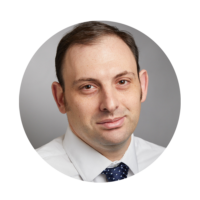
Dr. Michael Bloch
Michael H. Bloch, M.D., M.S. graduated from Yale School of Medicine and completed his child and adult psychiatry training at Yale. He is currently an Associate Professor at the Yale Child Study Center. His research focuses on evidence-based medicine and developing improved treatments for individuals with mental illness across the lifespan using clinical trials and meta-analysis
Read more -

A thinner cortex predicts a better response to CBT
Research on magnetic resonance imaging (MRI) to identify neural markers that might predict a child’s response to treatment for obsessive-compulsive disorder (OCD).
Read more -
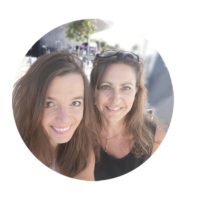
Coronavirus, and helping children with autism – Episode 4 ‘Autism, a parents guide’ with Dr. Ann Ozsivadjian and Dr. Marianna Murin
Practical tips for parents, in light of school closures, on how to manage anxiety and obsessive behaviours that might be heightened by the cornavirus pandemic. Includes transcript, and links.
Read more -

Dr Jon Goldin on the coronavirus and child mental health
Dr. Jon Goldin Consultant Child and Adolescent Psychiatrist, working at Great Ormond Street Hospital discusses child mental health in the wake of the coronavirus pandemic.
Read more -
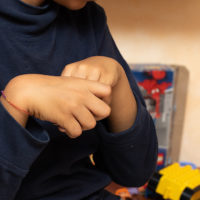
Obsessive compulsive disorder symptoms predict anxiety, and vice versa
Researchers in London have studied the relationship between anxiety sensitivity (the tendency to fear anxiety symptoms) and obsessive–compulsive disorder (OCD) symptoms.
Read more -
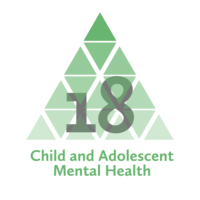
Most cited CAMH paper #18 of 25: The Diagnostic Utility of Executive Function Assessments in the Identification of ADHD in Children
Joni Holmes, Susan E. Gathercole, Maurice Place, Tracy P. Alloway, Julian G. Elliott, Kerry A. Hilton.
Read more
Key Practitioner Message includes; Guidance from clinicians about the difficulties in executive functioning experienced by children with ADHD may prove helpful to teachers and parents. -
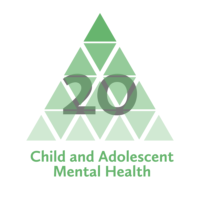
Most cited CAMH paper joint #20 of 25: Children’s Voices: A Review of the Literature Pertinent to Looked‐After Children’s Views of Mental Health Services
Julie Davies, John Wright.
Read more
Key Practitioner Message (Relating to looked‐after children and service user involvement) includes; Vulnerable children should be given equal choice and involvement in their treatment decisions and not miss out on the wider NHS drive for service user involvement. -
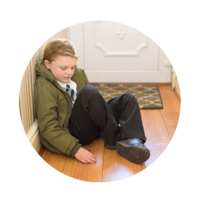
Obsessive Compulsive Disorder (OCD) in Children and Young People
OCD usually starts in early adolescence but is often not diagnosed until adulthood. We don’t know what causes OCD, but several factors are thought to play a part, such as biological, psychological, and environmental factors. We do know that OCD is a very treatable condition.
Read more -
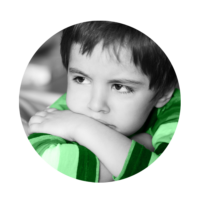
ADHD in 2019: Learning’s from Ireland’s Specialist ADHD service in CAMHS
SOLD OUT.
- Event type
- Twilight Meeting
- Location
- Dublin